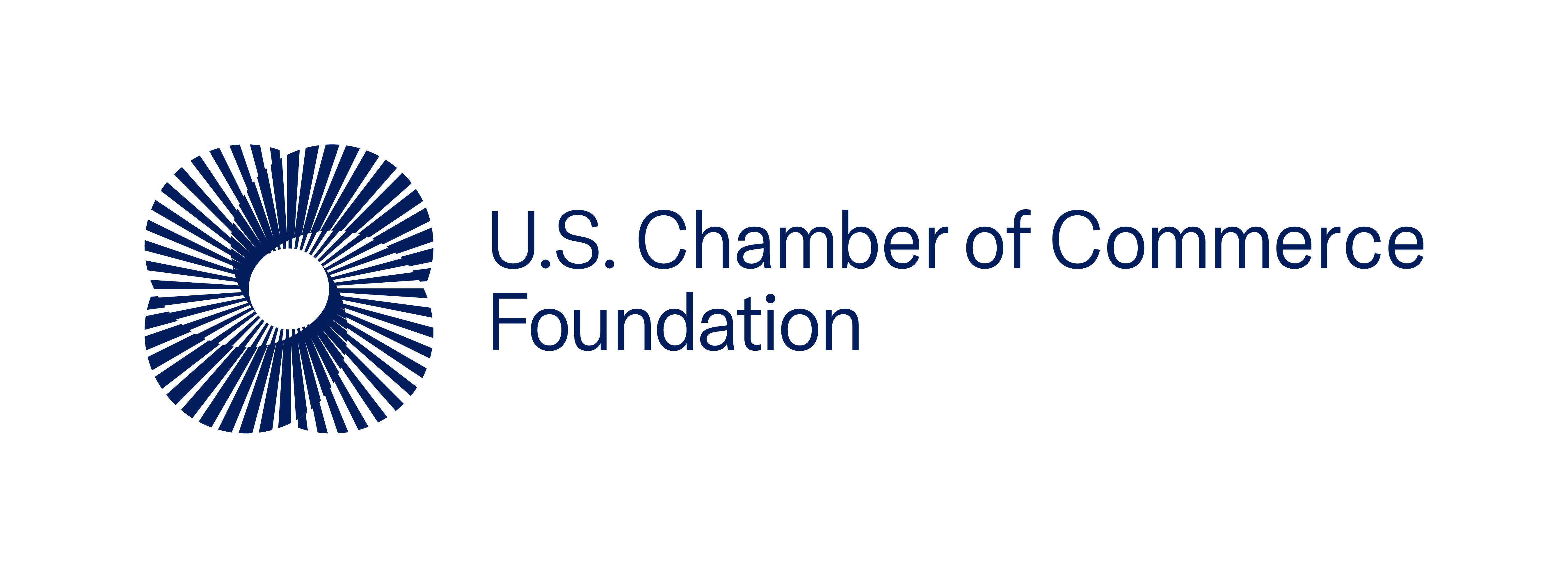Congrats to the Best Environmental Stewardship Finalists!
Congratulations to the 2017 Best Environmental Stewardship Finalists!
The Best Environmental Stewardship Corporate Citizenship Award recognizes businesses that innovate and help create a more sustainable future. Read on to learn more about the significant, positive impacts these businesses have had in communities, locally and globally.
Learn more about their programs and join us at the 2017 Corporate Citizenship Conference and Awards on November 14-15 to see who wins!
Campbell Soup Company
At Campbell Soup Company, the health and sustainability of agriculture systems are of the utmost priority. That’s why the company partnered with Eastern ProPak Farmers Cooperative of Gloucester and the Food Bank of South Jersey to simultaneously support local farmers and food insecure neighbors through the Just Peachy salsa creation.
Using its production resources and employee expertise, Campbell was able to bring the shelf-stable peach salsa to market in just six months. The salsa program has diverted nearly 100,000 pounds of nutritionally sound but undersize peaches from landfills. It has also generated $300,000 in revenue for the Food Bank of South Jersey.
The Just Peachy program is a triple win partnership. Local farmers reduce food waste and become more sustainable; Campbell engages the passion and skills of its employees; and, the company supports food insecure populations in Southern New Jersey.
Keurig Green Mountain
Keurig Green Mountain works to design, source, and manufacture products that benefit the communities it touches while minimizing the environmental impact. The company worked with partners in the recycling industry to ensure that their recyclable polypropylene (PP) #5 K-Cup® pods could find new lives as recycled durable goods.
Most recycling facilities were built to recover bottles and cans, not the array of products that consumers now use. Many in the industry worried that small-format plastics like yogurt cups, butter containers, and Keurig’s own PP K-Cup® pods would be lost in the processing.
Over the course of three years, the company engaged with other businesses, recyclers, and industry organizations to fully understand the recycling system and challenges—ensuring that future business innovations are paired with sustainable recycling developments.
The Renewal Workshop
Textile waste is the fastest-growing component of landfill, with 10.5 million tons of clothing sent to landfill every year. By 2020, it’s projected that the annual cost of collecting and disposing of textile waste will reach $4.5 billion.
The Renewal Workshop is the first company to partner directly with brands and retailers to recover value from its unsellable returns and excess inventory and solve their waste issues directly. The company’s proprietary Renewal System takes discarded apparel and turns it into renewed apparel, upcycling materials, or feedstock for recycling. Renewed apparel is sold direct-to-consumer or back to brand partners.
In six months of renewing garments, The Renewal Workshop diverted more than 16,000 pounds of apparel from landfill, saved the equivalent of 100 million gallons of water, and saved over 60,000 pounds of toxic chemicals.

